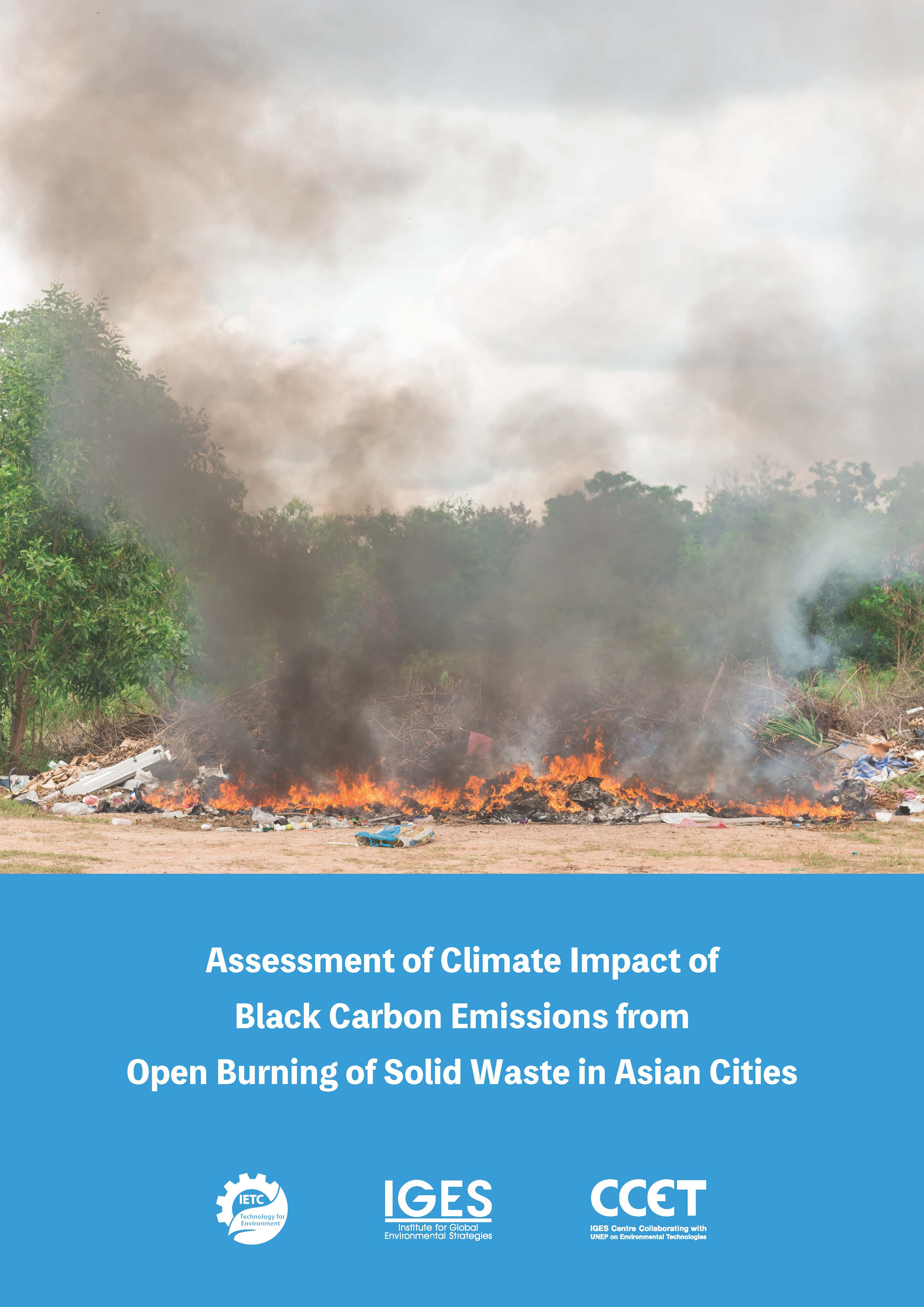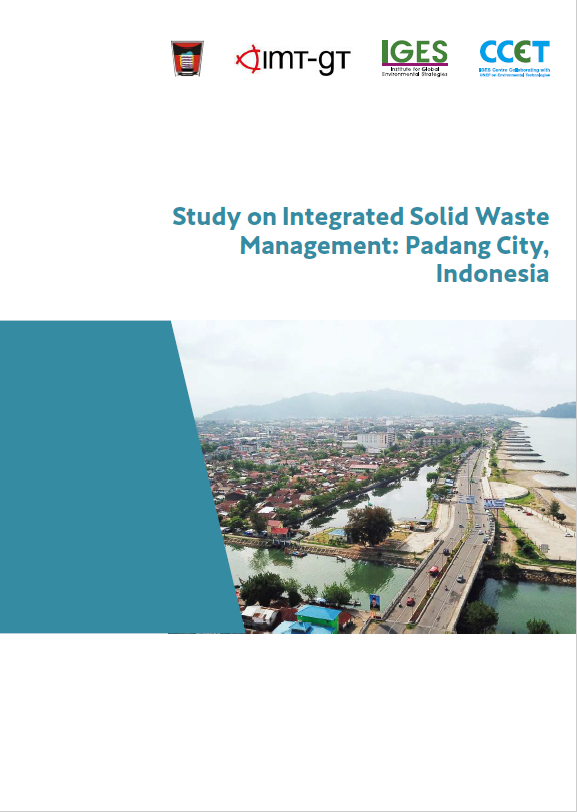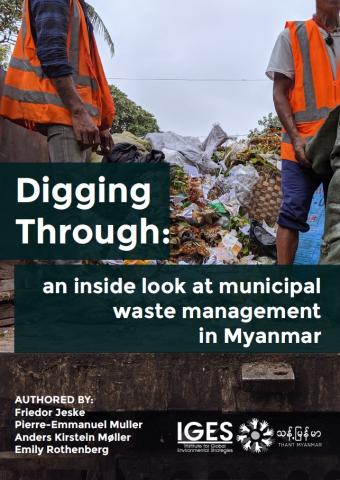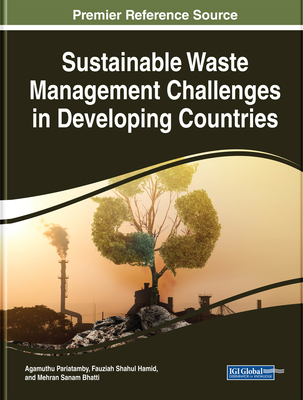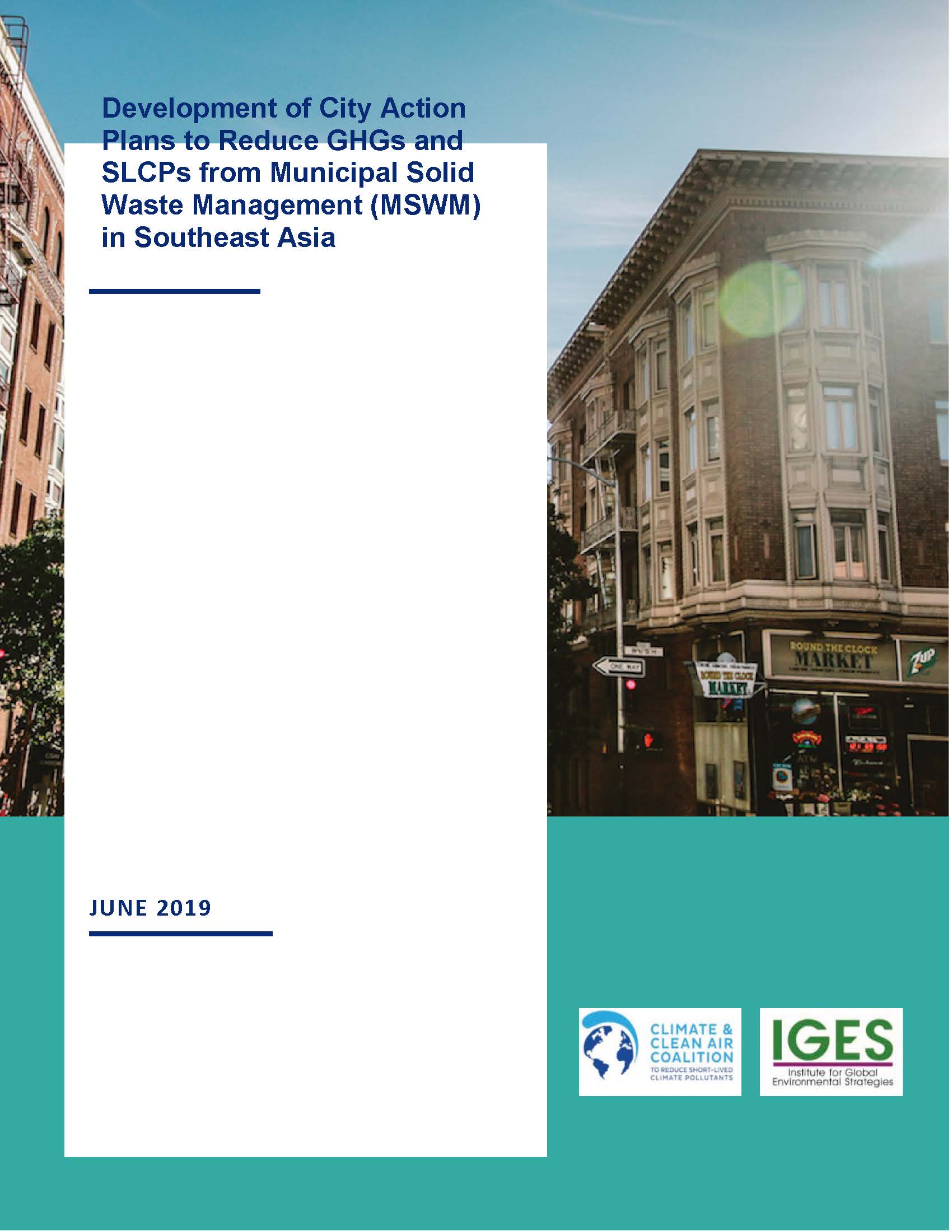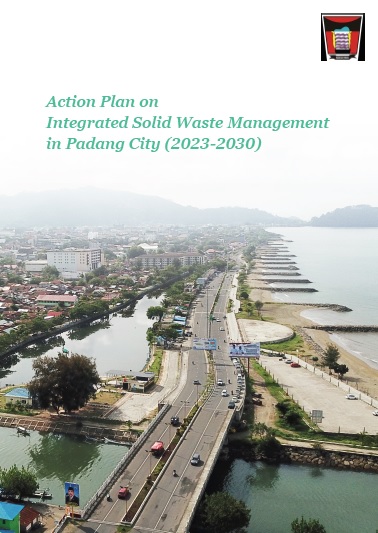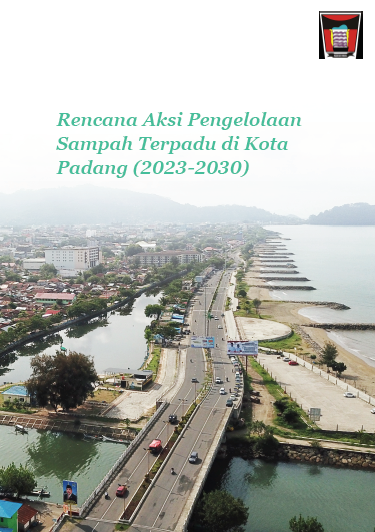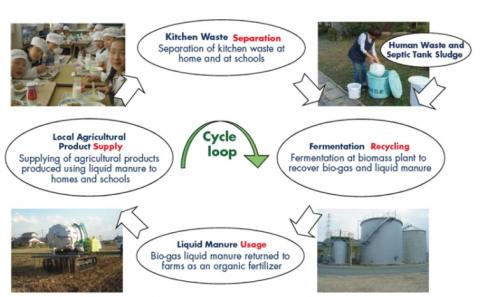Open waste burning is a widespread practice that is provoked by a lack of systematic waste collection, the unavailability of other disposal options, and inadequate land for the final disposal of the collected waste, especially in low- and middle-income countries. From a global perspective, two billion people have no waste collection at all, and the...
- Clear all
- SDGs: (-) Goal 13. Climate Action
- Topic: (-) Sustainable Consumption and Production
- Region/Country: (-) Melanesia
- Region/Country: (-) South-Eastern Asia
Results 1 - 10 of 26 (Sorted by date)
One emerging issue in Padang City, Indonesia is waste management. In addition to a rise in population, modern lifestyles and tourism development have resulted in burgeoning waste generation, as well as more littering and burning of waste. This problem has exceeded the waste management capacity of the city. Consequently, the Batang Arau river, one...
In International Journal of Recycling of Organic Waste in Agriculture
Purpose Takakura Composting Method (TCM) is a simple and cost-effective aerobic composting method using locally available materials and has been widely introduced in Indonesia and other countries. This study tracked the progress of scaling the TCM up to 1 tonne/day of organic waste input at the decentralised composting centre in Bandung City...
Contributor:
Understanding Myanmar’s solid waste systems presents a challenge for anyone working in the sector. While waste collection and disposal challenges faced by Myanmar’s cities and towns share similarities, strategies to overcome them evolve locally and are often not well-communicated between different local government bodies. Data on the country’s...
In Sustainable Waste Management Challenges in Developing Countries
Myanmar, the largest country in mainland Southeast Asia, has been facing considerable challenges with the management of solid waste in the recent past because of increasing income and consumption patterns, urban growth, and lack of effective waste management policies, treatment, and disposal methods. Waste management is also a crosscutting issue...
Asia’s rapid urbanization and economic growth over the past few decades have resulted in an increasing number of social and environmental challenges. Municipal Solid Waste Management (MSWM) stands out amongst these issues, as the waste itself is highly visible and prevalent, increasing environmental pollutions (land, air and water), climate change...
Padang City, the capital of West Sumatra Province, has a population of 982,884 people as of 2021. A field study was carried out and showed that waste generation in the city reached 660.50 tonnes/day while the volume of waste disposed of at the Tempat Pemrosesan Akhir (TPA: final disposal site in Bahasa Indonesia) Aia Dingin in 2021 was 478 tonnes...
Kota Padang, ibu kota Provinsi Sumatera Barat, berpenduduk 982.884 jiwa per tahun 2021. Studi lapangan yang dilakukan menunjukkan bahwa timbulan sampah di kota tersebut mencapai 660.50 ton/hari sedangkan volume sampah yang dibuang di Tempat Pemrosesan Akhir (dalam Bahasa Indonesia disebut Tempat Pembuangan Akhir/TPA) Aia Dingin pada tahun 2021...
This short essay discusses the national policy development in Japan moving from a society based on mass-production, mass-consumption, and mass-disposal towards establishing a Sound Material-Cycle Society (SMC). It looks at how Japan has successfully created a local resource efficiency and regional vitalisation based on a harmonised approach toward...
Keywords:
In 海外の森林と林業
最近、地球温暖化対策において森林を含めた土地 利用分野の重要性が強調されている。2015 年の国 連気候変動枠組条約の第21 回締約国会議(COP 21)で採択されたパリ協定では、気温上昇を工業化 以前と比較して2℃ないしは1.5℃上昇までに抑えることが長期目標として合意された。これを受け、 IPCC が2018 年に公表した「1.5℃特別報告書」1)で は、目標達成のためにはすべての部門で従来にない 大規模なGHG 排出削減が必要であるが、それだけ では不十分で、森林等の吸収源を同時に活用する必 要性が示された。それに続いて2019 年に公表され た「気候変動と土地に関する特別報告書」2)を森林分野について要約すれば、現在は大きな排出源となっている天然林の減少を抑制し、2050 年までに...

